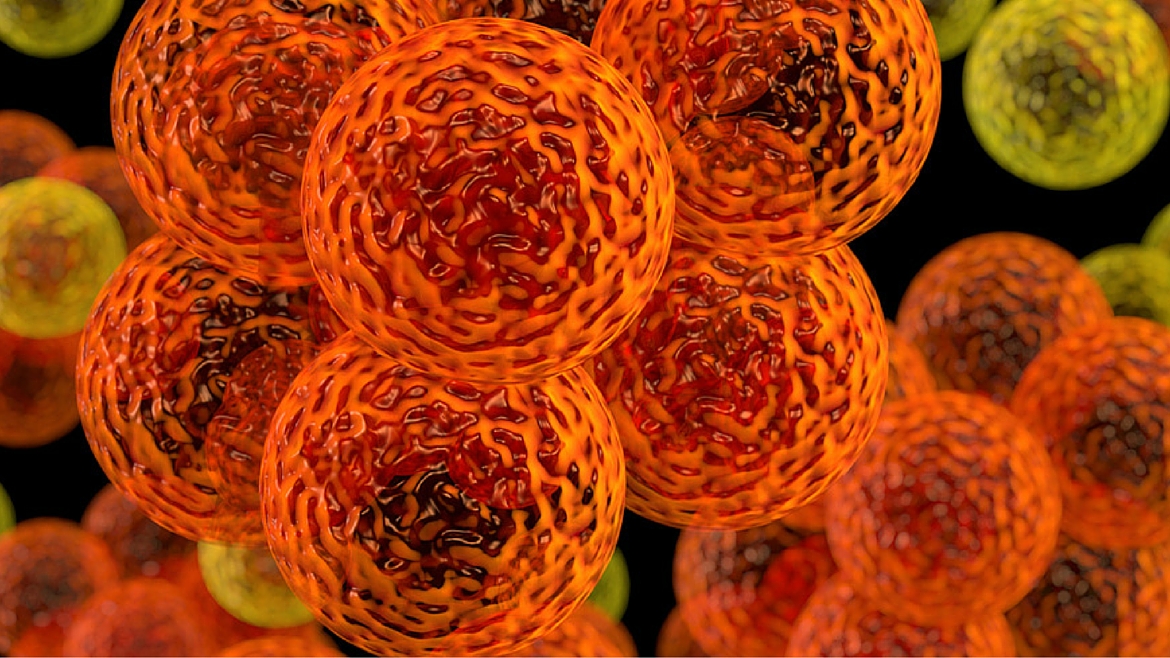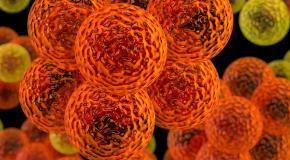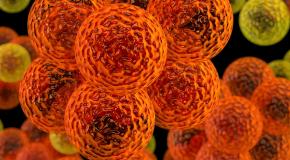The human body is not just an organism – it is also an ecosystem that plays host to trillions of bacteria. Scientists are now beginning to piece together the contribution that these micro-organisms make to the health of the individual which they inhabit, and the possibilities of new ‘microbial’ treatments for disease.
In a series of content sponsored by Dassault Systèmes, the Economist Intelligence Unit will be exploring the mammoth task that researchers ahead of them - mapping the human 'microbiome' - and the therapeutic applications that may arise as a result.
Click the links below to read the content published so far:
- BLOG POST
Turning microbes into medicine factories
Microbial medicine applies genetic engineering to the micro-organisms in our bodies to develop new treatments for disease.
-
ARTICLE
Closing in on microbiome therapy
Scientific research has thrown light on the role that microbes play in our health and their potential use in treating and preventing disease. No wonder the pharmaceutical industry is taking notice. -
VIDEO INTERVIEW
Microbial medicine
Dr Sandrine Claus of the University of Reading explains what microbial medicine means, some of its most promising applications, and why bacteria might one day replace pills as the main way to deliver medicine.
Could microbial medicine be the short in the arm the pharmaceutical industry is waiting for? Or does the complexity of the microbiome mean the hype should be tempered? Please share your thoughts on the Future Realities LinkedIn group, sponsored by Dassault Systèmes.








